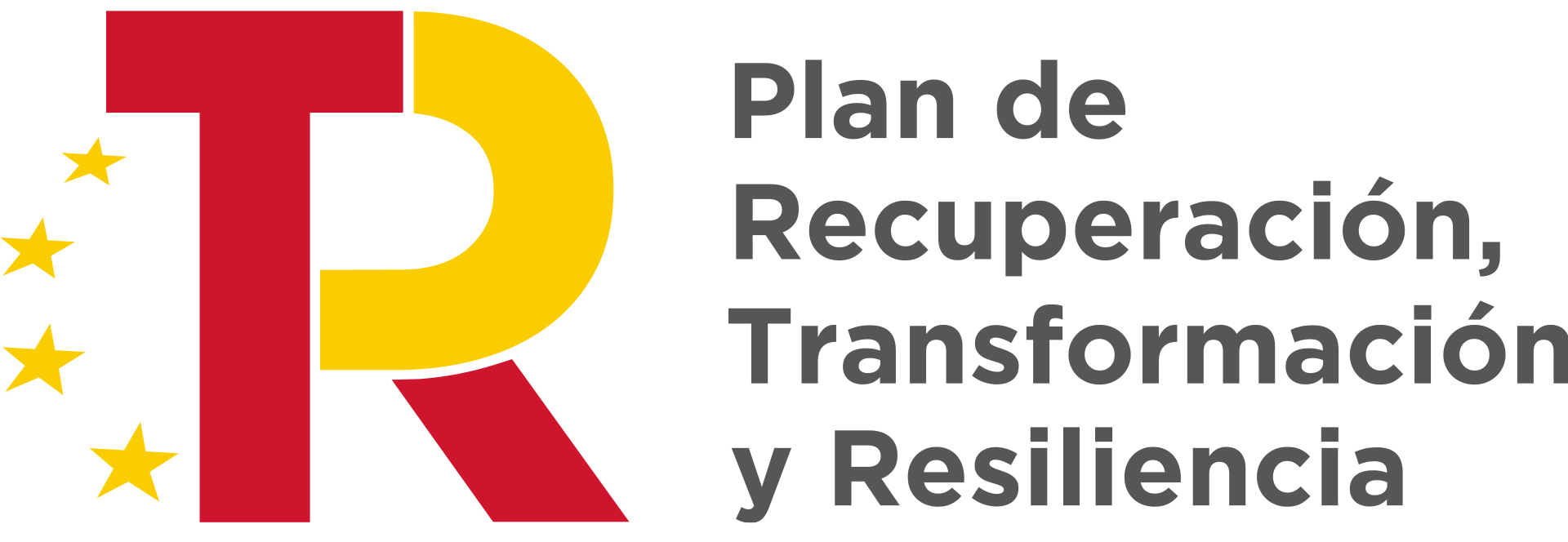

There are a variety of policies aimed at counteracting growing inequalities and social exclusion. While some scholars advocate the use of cash transfers, others argue that broader policy interventions are needed to support people's sense of dignity and self-worth. It is far from clear which types of policies are most effective in achieving these objectives. CEMFI has helped to address this question by cooperating in the evaluation of a large number of policy interventions led by the Secretaría General de Inclusión (SGI) of the Ministerio de Inclusión, Seguridad Social y Migraciones of Spain.
In 2021, the SGI implemented 34 pilot projects to promote social inclusion under the Minimum Insertion Income Scheme (IMV). In total, €212 million was spent on the projects of the Inclusion Policy Lab, funded by the European Union’s NextGenerationEU, under Component 23 (“New public policies for a dynamic, resilient and inclusive labor market”) of the Spanish Recovery, Transformation and Resilience Plan. They are grouped in the areas of Education, Digitalization, Housing and Energy Poverty, Social Support and Benefit Non-Take Up, and Work and Entrepreneurship. The projects were developed as randomized controlled trials (RCTs) and reached an estimated 91,000 people. The projects were carried out in all the Autonomous Communities and Autonomous Cities of Spain, in conjunction with regional governments, city councils and non-governmental organizations. The initiative and its results are described in the document “Levers for Inclusion. Recommendations from the Inclusion Policy Lab based on Scientific Evidence”, as well as in the project reports.
CEMFI Professors Samuel Bentolila and Monica Martinez-Bravo coordinated a Team of researchers, coming from several institutions. The coordination was carried out jointly with Ana Garcia-Hernandez, from the Abdul Latif Jameel Poverty Action Lab (J-PAL). J-PAL, led by Nobel prizewinners Abhijit Banerjee and Esther Duflo, is a world leader in the implementation of anti-poverty policies through randomized evaluations. The research team provided scientific advice in the design, implementation and evaluation of 23 of the 34 projects. The participation of the two project leaders was supported by the ”la Caixa” Foundation Social Research Call project “Evaluating interventions to promote inclusion” (SR22-00339).
It is hoped that this pioneering initiative will lead to a more widespread use of randomized evaluation of policies in Spain. Most of the policies had significant effects on the social inclusion and well-being of the people treated. Members of the research team are preparing scientific papers on many of the projects. They have also participated in several dissemination events.




